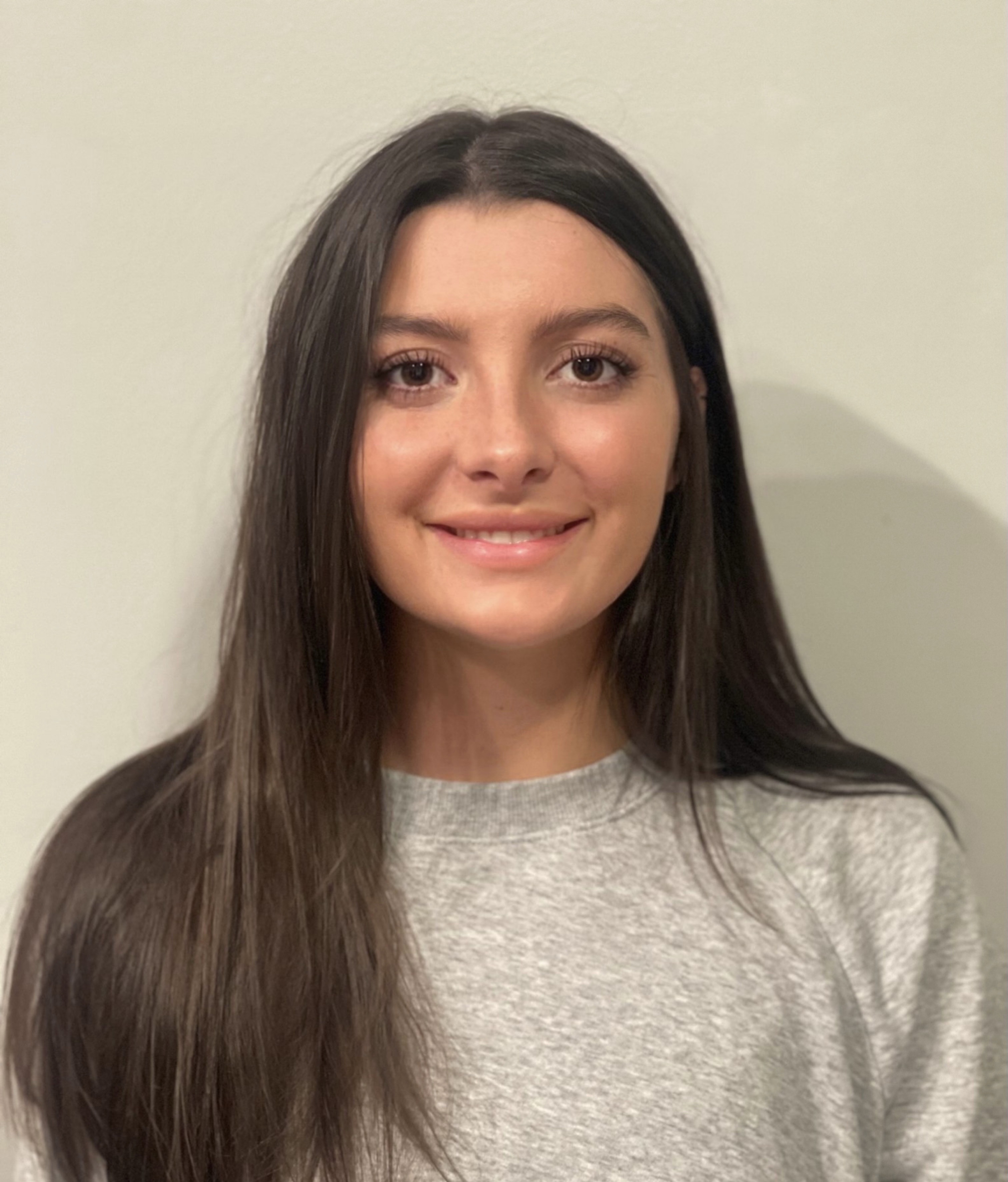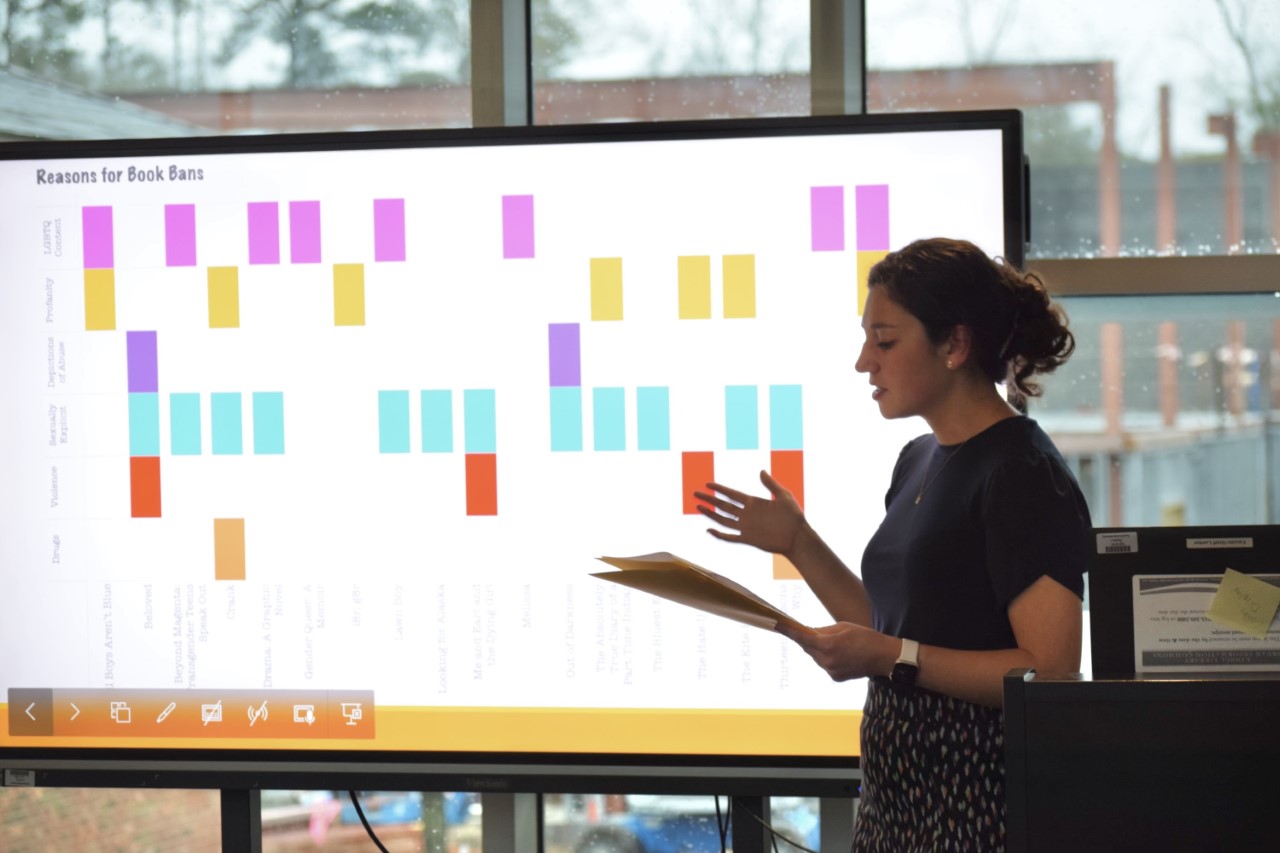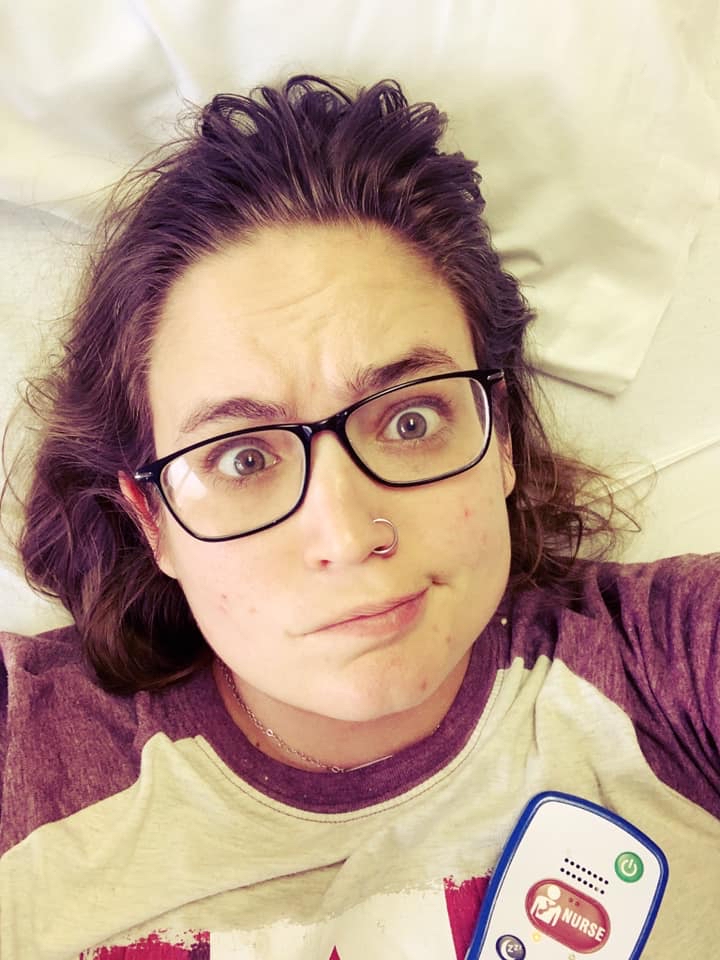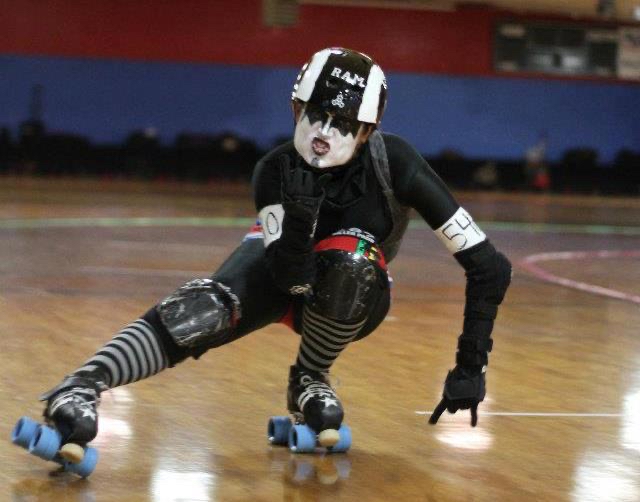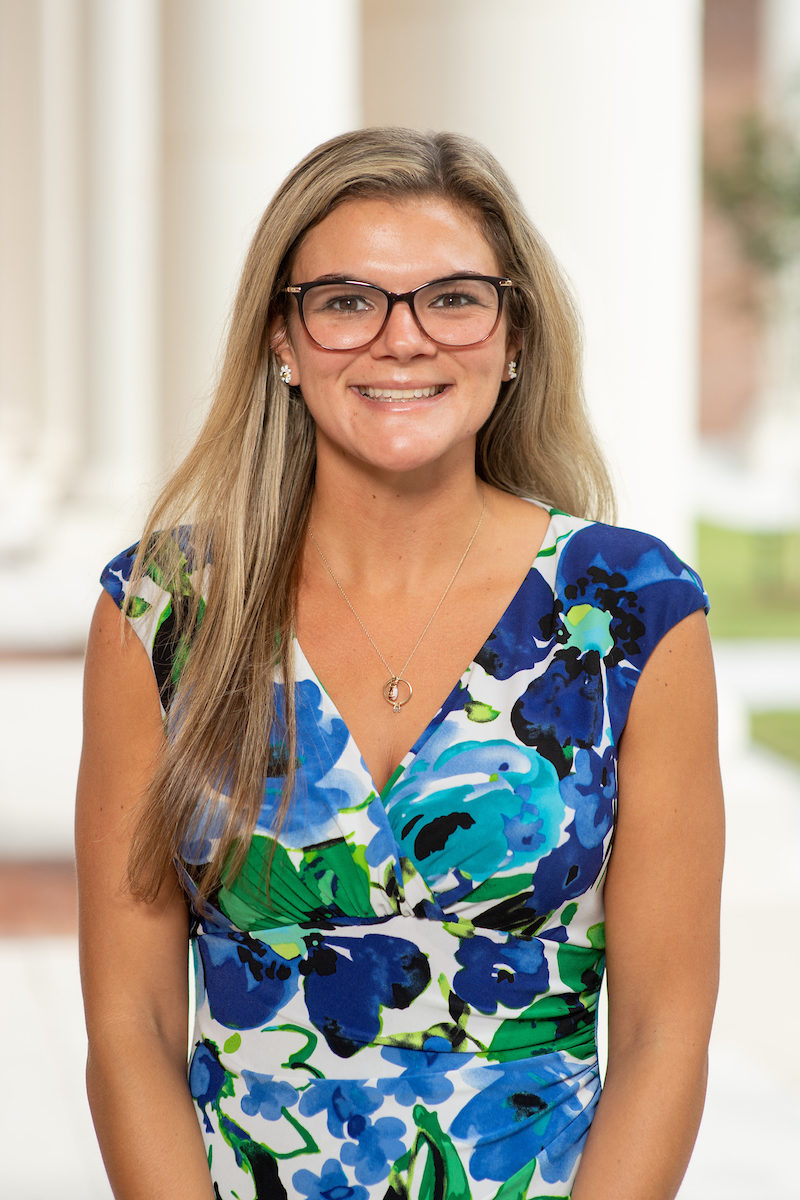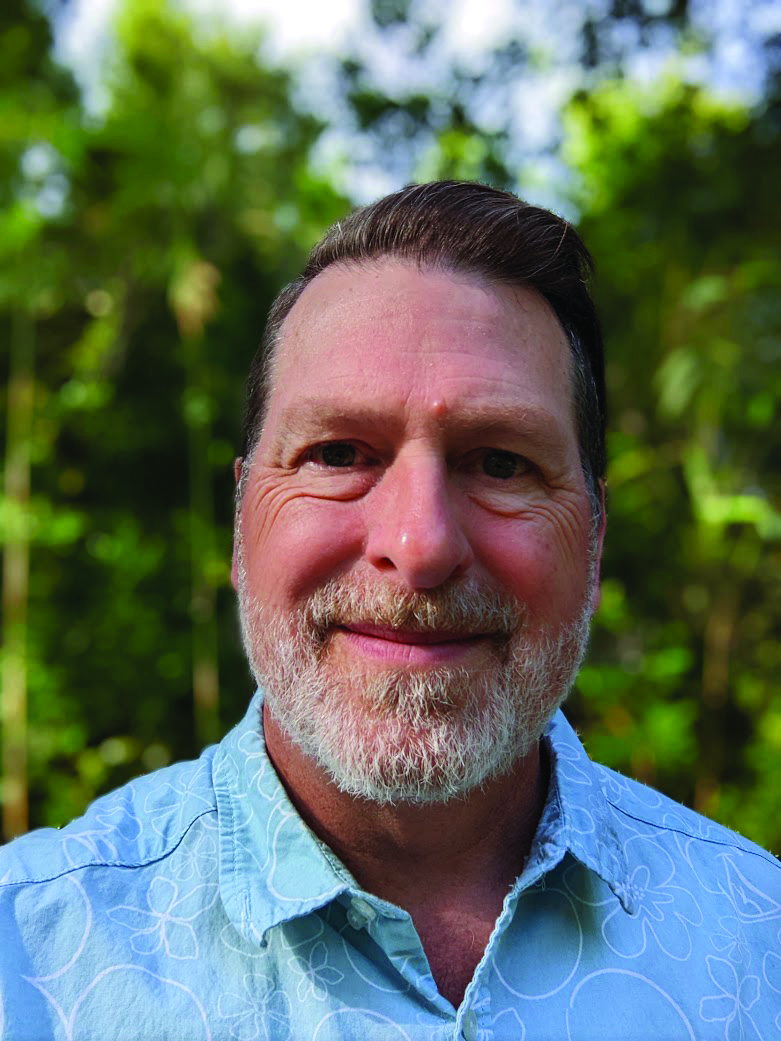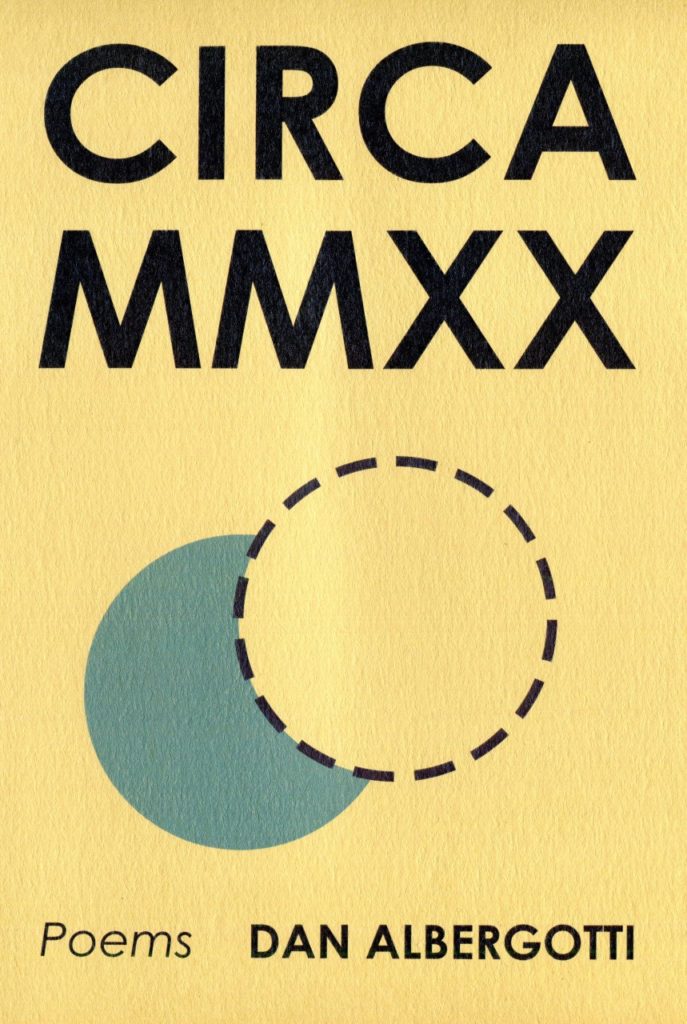For Cameron Parker ’22, Coastal’s undergraduate English program was intellectually rewarding. But when she joined the Master of Arts in Writing (MAW) program, she was met with new, rejuvenating challenges to overcome and spaces to explore. We had the chance to talk to Parker about the opportunities, the classroom environment, and the flexibility of the MAW program.
The MAW is a 33-credit-hour program that offers courses in creative writing, composition and rhetoric, editing and publishing, editing and publishing, professional writing, literature, and linguistics. Students in this program get to experience hands-on graduate-level training in the craft of writing through teaching assistantships that allow students to teach first-year writing classes, assist faculty with teaching and research, tutor students in the writing center, and more importantly, create long-lasting connections with fellow MAW students and professors.
“It’s very group-oriented,” said Parker. “You rely on each person in your cohort for something different.”
Many MAW students participate in a teaching assistantship that allows them to teach English 101/102 courses, first in partnership with a professor and, in the second year, on their own. In Fall 2022, her first semester in the program, Parker taught an English 102 course with Dr. Howes, a CCU associate professor in Composition and Rhetoric. While being in the position of a teacher can be off-putting at first, Parker comments on how invigorating it can be. “I was able to meet regularly with students, which was very new and interesting,” said Parker. This semester, Parker is teaching one section of English 102 on her own.
“It’s just really cool—it makes it feel more like a job in a good way!” Parker said
After graduation, Parker plans to go into a Ph.D. program in Composition and Rhetoric and continue her research on Hawaiian culture and rhetorical sovereignty.
Parker notes that aside from a teaching assistantship, the MAW program offers many other professional possibilities for students, including working with the Waccamaw online journal, taking on short-term publishing and editing jobs, participating in research conferences, applying for funding opportunities and committees, and so much more.
“A huge part of the MAW is that it becomes all about your personal experience,” said Parker.
Parker said that while the undergraduate experience is independent, limited, and oriented toward learning your craft, the graduate experience is more collaborative, professional, and oriented toward critical thinking about your concentration.
“All the grad school tropes [saying] that you feel very mature and you feel very respected by your teachers are so true,” said Parker. “It really feels like the teachers approach everybody in the class as scholars—it feels much more collaborative.”
Even though some students may feel intimidated by this classroom dynamic, Parker assures that taking that leap of faith is worth it.
“It makes you approach your concentration with a whole new appreciation,” said Parker.
Parker encourages all students looking into joining the MAW program after they graduate to go for it.
“The best way to put [the MAW program] would be, ‘Experience in what scholarship outside of class really looks like,’” said Parker. “It feels like the MAW is kind of saying, ‘You will get to a point where people want to know what you have to say about the field’…and I think that’s worth it.”
